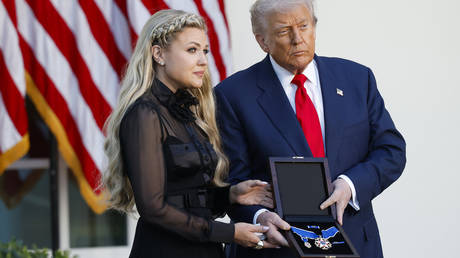World Bank injected over seven billion dollars in Mozambique over last ten years
The World Bank Group, over the last ten years, approved about 7.1 billion dollars in development projects in Mozambique, particularly in the sectors of electricity, agriculture, public finance, municipal development and climate change resilience.
According to the acting director of the World Bank in the country, Elvis Langa, who was recently interviewed by AIM, on the sidelines of the presentation of the Evaluation Report of the World Bank Programme, “the total value of projects approved in the last 10 years is 7.1 million US dollars”.
The director once again highlighted the negative impact of the scandal of the “hidden debts” on the economy, recalling that in the period preceding the scandal, Mozambique was part of a small group of countries that registered an annual growth rate of eight per cent.
Regarding the evaluation, a document that analyzes the importance of the World Bank Group’s assistance to Mozambique in view of the challenges facing the country, related to the weak coordination of internal priorities, and the absence of basic diagnosis to conduct priority reforms, as well as corruption and the influence of elites in the State, Langa believes that it is a document that will help to improve procedures.
Reacting to the report’s recommendations, the Deputy Minister of Economy and Finance, Amílcar Tivane, acknowledged the merit of the document, but pointed out the need for reflection on the design of World Bank programmes, as a way of calibrating its intervention to optimize the resources made available to the country.
“We think there is a problem here with the design of the programmes. We have to rethink the whole architecture behind the design of these programmes for Mozambique”, Tivane said.
Regarding vulnerability to climate shocks, the government recognizes that in the last 10 years, the World Bank’s intervention has made a significant contribution to strengthening the institutional architecture.
“In the agricultural sector, the government also believes that the Bank’s intervention falls short of expectations. It therefore urges the Bank to seek to understand the factors behind large investments and, paradoxically, low results”, Tivane said. “These are important lessons for us to calibrate World Bank assistance in the coming period”.
(AIM)
pc/sg/ad/pf (375)

















